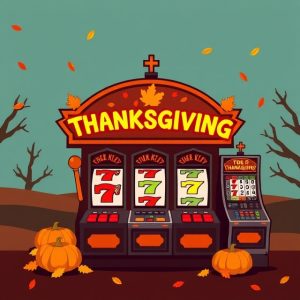Friday February 19,2016 : BRITISH BOOKMAKERS TAKE MEDIA TO TASK ON F.O.B.T. REPORTAGE
Association of British Bookmakers says Times report was "little more than a litany of non-evidenced campaign assertions."
The Association of British Bookmakers, a trade association representing UK gambling industry interests, has attacked recent reportage on fixed odds betting machines in The Times newspaper as "little more than a litany of non-evidenced campaign assertions that lacked any proportionality or reference to evidential sources such as gambling prevalence and health surveys."
In an op-ed article that starts with the critical adage "don’t let the truth get in the way of a good story", the Association says that attempts to kill off high street gambling as a leisure pursuit by portraying it as the source of all gambling problems is not just factually wrong but also ignores the significant responsible gambling investment, personal interaction and support that only high street shops and their staff can give to the minority who are experiencing difficulty.
The Association took umbrage at a recent investigative article and editorial in The Times which made questionable assertions regarding the impact on problem punters of high street gambling machines.
Among the allegations (some of which the Times later acknowledged as inaccurate) was a claim that British doctors are starting to prescribe for problem gamblers a medication used to combat drug and alcohol addiction at a cost of GBP 10,000 per patient, suggesting that a thousand compulsive gamblers had been referred to the National Problem Gambling Clinic last year, and implying that this meant the British tax payer (through National Health) was forking out at least GBP 10 million a year.
The figures were regrettably wrong – the drug in question actually costs just under GBP 70 for a three month course, and it transpired that it has only been prescribed for five patients by the Clinic.
The Times suggested that fixed odds betting machines were addictive, warranting the use of the drug and urging the government to institute more stringent regulation.
In its response, the Association questioned the "perverse" use of the term "epidemic" in relation to problem gambling and pointed out that respected and reliable research has long established that "problem gambling levels have remained constant for the last 13 years, being 0.6% in 1999 and 0.5% in 2012."
The op-ed also claims that there has been no "explosion" in the number of betting shops, advising that in fact, the number of betting shops has declined from 9,128 in 2012 to 8,819 in 2015.
"It was also stated that there is an epidemic of vandalism against fixed-odds betting terminals by frustrated punters," the op-ed continues. "This is untrue and the statistics that campaigners use to support this argument have been roundly condemned as inaccurate by, among others, the industry regulator the Gambling Commission."
Giving readers an alternative perspective to the damning Times reportage, the Association's op-ed claims that positive industry news is portrayed in a negative light, giving as an example the growing numbers of people choosing to self-exclude themselves from betting shops or seeking addiction treatment or referrals aided by betting shops.
"As an industry we will continue to highlight the facts surrounding betting shops and gambling," the op-ed concludes.




